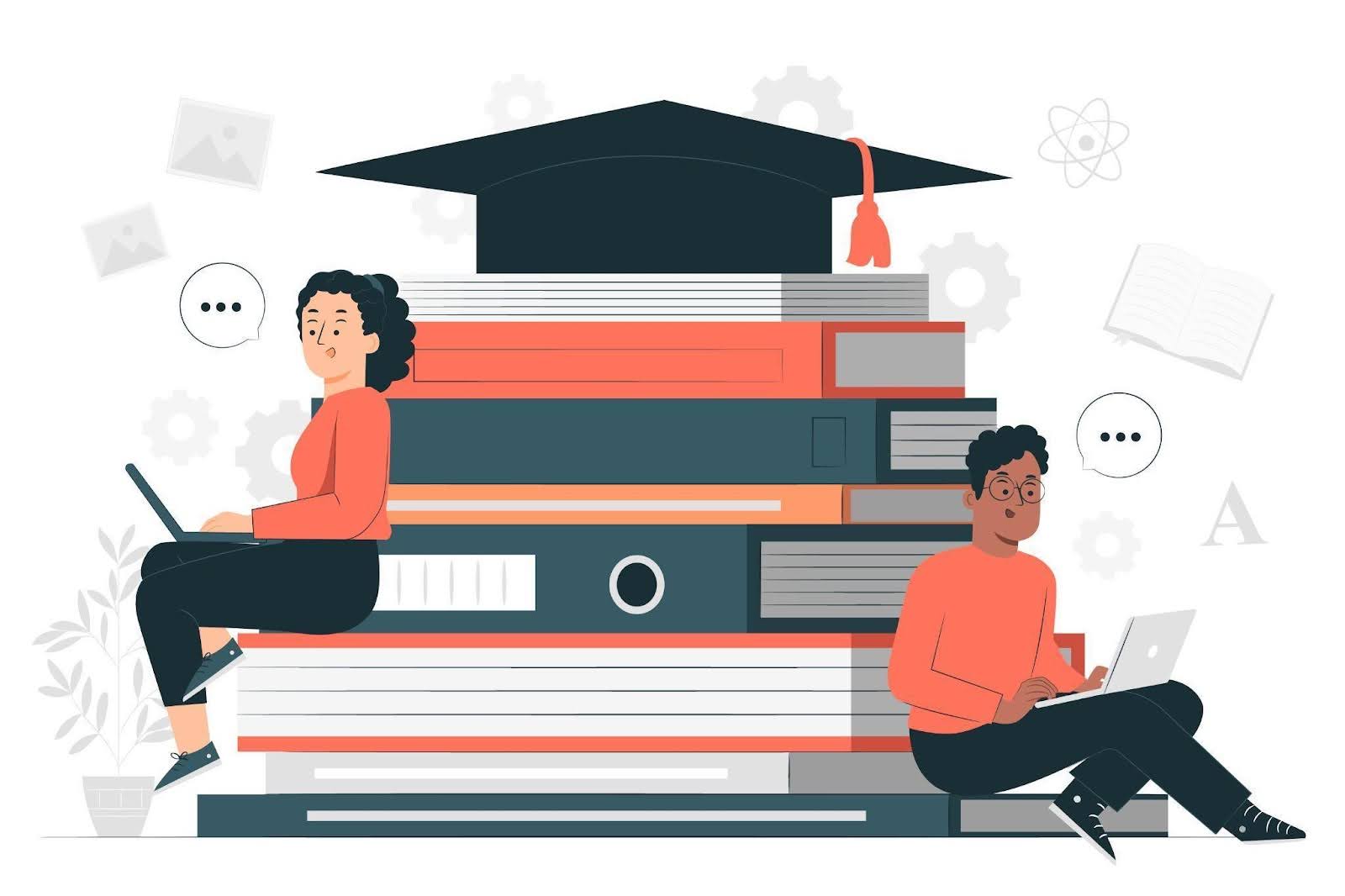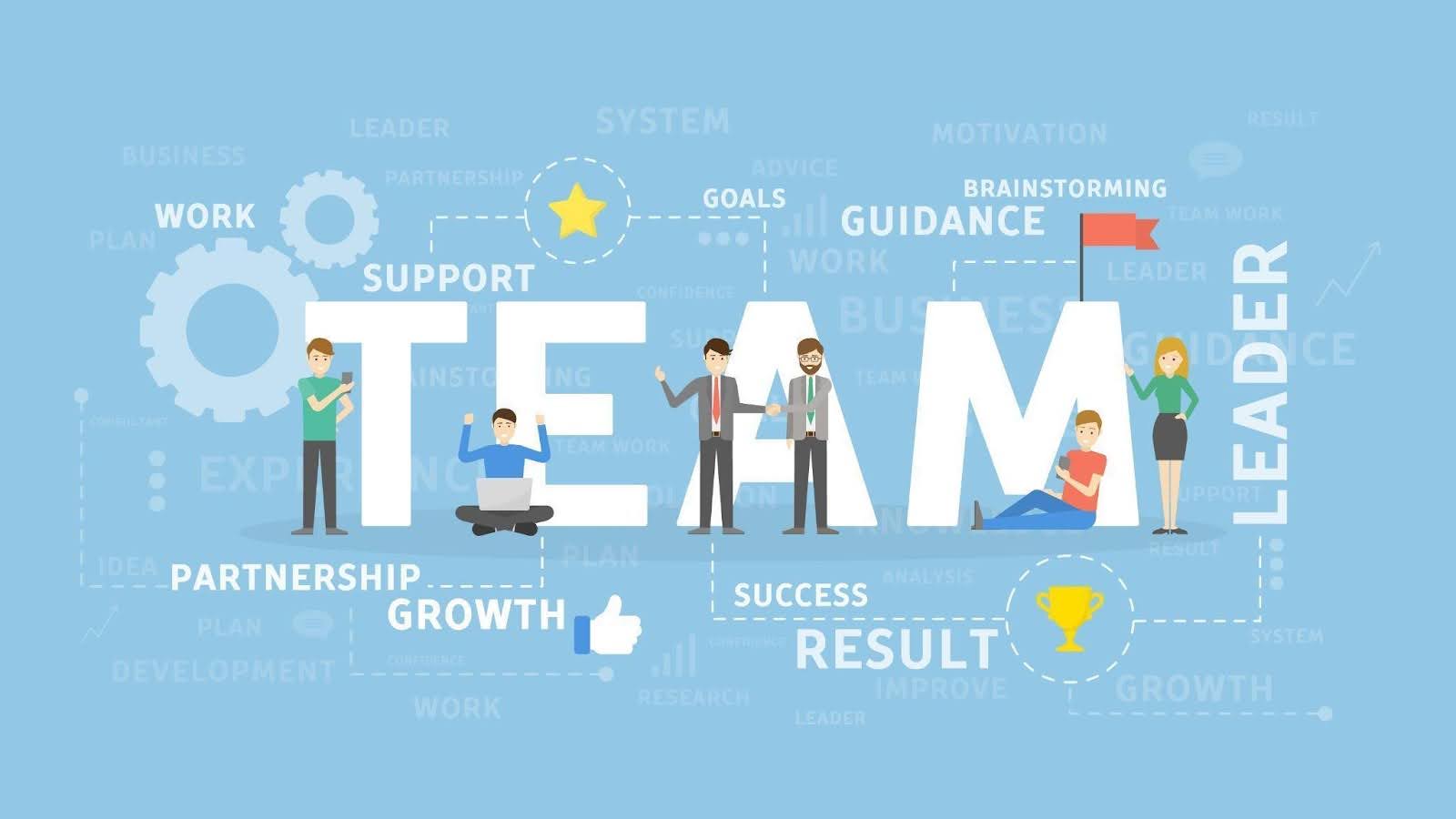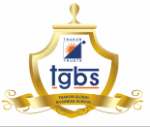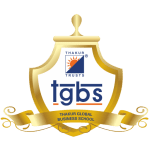Are you scared of interviews? Multiple studies have shown that more than 90% of candidates are either scared or nervous about their interviews. But worry not; we are here to help.
The interview process can be especially challenging for students trying to commence their professional career as a fresher.
In this blog, we will delve deep into the interview process for students who are preparing for their first job interview after the Post Graduate Diploma in Management programme. We will also talk about why businesses conduct interviews and some tips that can help you ace the interview.
Let’s get started
What do interviewers usually notice during the interview?
Qualifications and skills: Recruiters will check your resume and application materials to confirm that you have the relevant qualifications, education, and skills for the position. They may inquire about your employment history (this may include your internship during the PGDM course), technological capabilities, and necessary qualifications.

Cultural fit: Employers frequently examine if you will be a good fit for the company’s culture. They may use behavioural or situational questions to determine how well you match the company’s ideals and work environment.
Communication Skills: Most jobs require employees to have effective communication skills. Recruiters are interested in how you communicate with others. They usually check your confidence and efficiency. This encompasses verbal, nonverbal, and written communication abilities.

Problem-Solving and Critical Thinking: Many interviews involve questions or scenarios that put your problem-solving and critical thinking skills to the test. They want to observe how you deal with problems and make judgments.
Teamwork and Collaboration: For tasks that require working with others, recruiters may inquire about your teamwork experience and ability to collaborate effectively.

6 effective tips and tricks to crack your PGDM interview
Here are some tips that, if you incorporate them well, will almost guarantee you your dream job:
1. Research the organisation
This is the first and one of the most important steps to cracking an interview. Before stepping into the interview room, you must have information about the organisation’s history and some of their recent achievements. All you need to do is check their website and social media pages to find this information.
Doing thorough research shows that you have worked hard before the interview and are serious about the job.
2. Keep up-to-date with new trends.
The popularity of PGDM courses stems from the fact that their curriculum is always up-to-date with the latest industry trends; therefore, organisations expect you to be up-to-date with the latest industry trends.
For example, if you have completed PGDM in marketing, you must be aware of the latest technologies. You must also check which tools the firm you are interviewing uses and learn the basics about them. Along with all the knowledge you gain during the PGDM programme, you can also read books, watch relevant videos, or even sign up for a newsletter related to marketing.
3. Practice communication skills

We can’t put enough emphasis on how important communication skills are to effectively crack a college interview. We have also mentioned above that it’s one of the first things an interviewer will notice about you. You may have all the knowledge related to your field, but if you can’t communicate your answers and opinions effectively, all your knowledge is ineffective.
You can check out videos on the internet or even participate in group discussions and debates to improve your skills and speak clearly with intent.
4. Practise mock interviews
You may never know how good or bad you are at giving interviews without giving one. The best way is to ask your friends or family a few interview questions and ask them to judge your tone, posture, and clarity. Ask them for their honest feedback and work on your weaknesses.
You can also take it a step further by enrolling in a mock interview on the internet. There are many online platforms that offer mock interviews where you can practise with professional interview coaches.
5. Dress appropriately

The way you dress for an interview says a lot about you before you even start talking. Have you ever seen a person so nicely dressed that you assumed they must be successful? You have to dress up like that person for the interview.
We suggest you wear formals. While many people have recently started wearing casuals during interviews, we strongly suggest against it. A casual outfit can be okay for a more creative job like a designer or a writer, but as a person applying for a management position, you must wear formals.
6. Ask questions
Interviewer: This will be all from our side. Do you have any questions for us?
Interviewee: No, I think we have covered everything.
If this is your answer, I am sorry to tell you, but your chances of getting selected are quite slim. It is recommended to ask at least 2–3 questions. This again shows the interviewer that you CARE about the job. Prepare a few good questions to ask the interviewers. You can ask questions about your role in detail or office culture.
These are the six tips that we think can almost guarantee you the job. Aside from these tips, you must be honest and punctual with the interviewer and show respect to them. Wear a smile and look them in the eye while answering their questions.
How TGBS prepares their PGDM students for interviews
TGBS has a 2-year PGDM programme where we not only teach students theory but also prepare them via various seminars, expert lectures, and workshops. Our goal is to prepare students for the real business world, where they will need to make tough decisions on a regular basis.
At TGBS, we are committed to nourishing and nurturing talent to be resourceful, relevant and ready for the future. In order to prepare our students for competitive placements and seamlessly transition from campus to corporate life, at TGBS, we have integrated a professionally conducted Corporate Mentorship program into the curriculum. This includes development of transversal skills, sharpening of business communication skills and etiquettes, pre placement preparations and simulations using next generation AI driven tools. For a career and industry-oriented student development, we also focus in proactively engaging the industry with activities such as Certifications, Corporate Trainings, Live Projects, Pre-Placement Simulation Sessions, Industry Leaders sessions, Industry Tours, Alumni Sessions, organising and participation in Corporate Events, Seminars, Research Conferences and Domain specific Conclaves.
You can check out our website to learn more about our admission process, curriculum, and specialisations.
Conclusion
It’s okay to be scared or nervous about interviews, as your future depends on them, but don’t let the nervousness get the better of you. Although we can’t guarantee that all these tips will lead to 100% selection, we can assure you that if you follow all the above tips, your chances of selection will be better than most. These interview tips will definitely help you when a PGDM course job opportunity arrives.
When talking about interviews, it’s important to remember that a failed interview should not discourage you, as now you know what needs improving. ALL THE BEST.

















